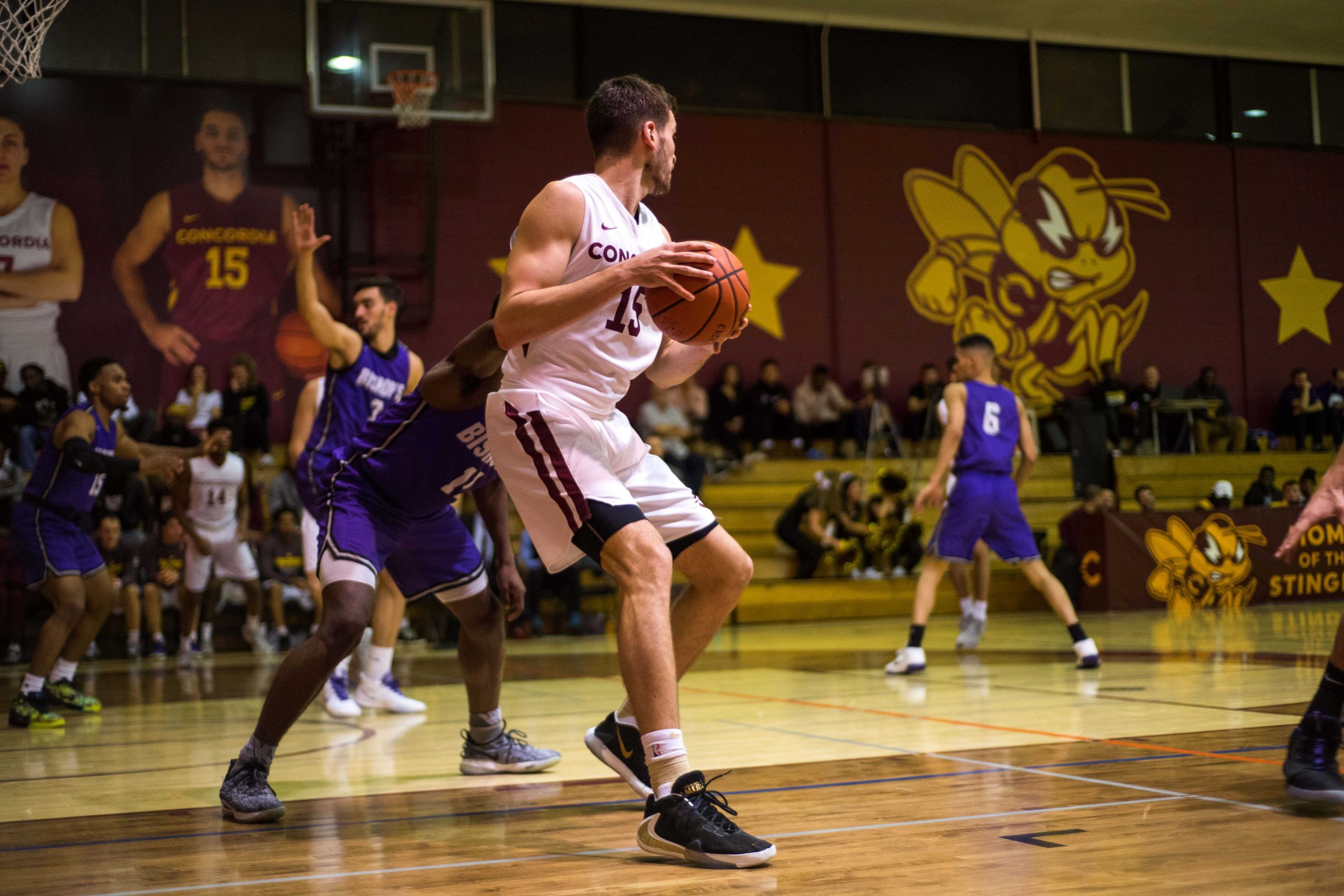Cramming to finish your degree isn’t worth the mental exhaustion
Take a step back and look at your life from a different angle. Are you happy? Are you okay?
There’s a significant amount of pressure on students to achieve something in their young adult life, so much so that sometimes people forget that expectations aren’t always great. More often than not, this pressure comes from within. The individual lens that we see life through is tinted with the wants and needs of external factors: parents, society, friends, and the need to ‘become.’ It’s not a simple feat to differentiate between what’s really best for you and what you think is best, because of all these factors.
In 2016, The Charlatan published an article highlighting different factors contributing to university dropout rates. According to the article, most students leave because they’re unsure if their program is right for them.
“In the first year, dropouts were already struggling in terms of meeting deadlines, academic performance and studying patterns,” according to The Youth in Transition Study sourced in The Charlatan. “Compared to graduates and graduate continuers, more dropouts felt they had not found the right program,” the study stated.
Here’s the truth: deciding on your future at 18 is practically impossible. You’re told to make the most important decision of your life at an age when your brain is still evolving. According to the University of Rochester Medical Center, the human brain isn’t fully developed until the age of about 25.
When you wake up one morning and ask yourself if what you’re doing is worth the stress, money, and effort you’re putting into it, remember you’re allowed to change your mind, take a break and refocus your lens.
“Overall, being out of school let me take time to focus on myself,” said Rachel Doyon, a student in Montreal. “It also made me miss school—I think that was the biggest benefit. Being reminded that I was in university because it was something I was passionate about, not just an obligation. I still get little pangs of disappointment when my peers graduate ‘on time,’ but it was the best choice.”
‘On time’ is the key term here: this is exactly the kind of ‘want’ or ‘need’ that we associate with ourselves, but really it’s an outside factor. The concept of graduating on time is not at all an objective conventional setting: the only timeline that matters is your own personal clock. Granted, there are several factors that affect when you graduate: maybe your parents pay for your education and you don’t want to prolong it, or perhaps you have to prolong it because you pay for it yourself.
According to a study on persistence in post-secondary education in Canada done by York University, only 57 per cent of students aged 18 to 20 graduated, or are continuing in post-secondary education, 8 per cent of which were enrolled and dropped out. Students aged 20 to 22 had 14 per cent drop out rate of the 60 per cent enrolled in university.
“Even though my parents wouldn’t have minded, I just would’ve felt weird, like I fell off the train,” said Ali Sabra, a Lebanese student who was offered a year-long internship abroad, but refused because it didn’t feel right to take two semesters off. “Being in Lebanon, it’s virtually unfathomable to ‘take a year off.’ It’s the rush thing for sure.”
Culture played a big role in Sabra’s decision-making, but being in a rush to graduate is rather universal. In all fairness, it’s okay to want to graduate as soon as possible. You might not want to pass up an opportunity that would benefit you more in the future in the name of finishing sooner.
“I went into psychology because my parents got so excited, but I wasn’t sure I liked it,” said Noura Nassreddine, a previous American University of Beirut student. “The next year, I told my parents I didn’t like it and I needed to take a break, so I did.” During her gap semester, Nassreddine found what she really loved, and is now on her way to becoming a Paris-trained baker. Nassreddine’s experience is a reminder that your 18-year-old self doesn’t always know what you want your future to look like.
Choosing a career path is not a light task, and yes, sometimes you aren’t ready to decide where to go straight out of high school. It’s okay to go in blind and try things out, and then decide to change your mind. If you have the means, the patience, and the will, go find what’s best for you. When making decisions, consider which you’d regret more: doing it, or not doing it, whatever ‘it’ is.
All in all, taking time for yourself is as important as finishing your degree. Making sure the degree you’re getting is what you want to continue with and is important, too. Remember that your mental health is a key aspect of your success—take care of yourself so you can have the mental capacity to achieve your goals. Sometimes retreating is important to help put things into perspective. At the end of the day, life will bring you all sorts of problems in the future, so what’s an extra semester or two, anyway?
Feature GIF by @spooky_soda
